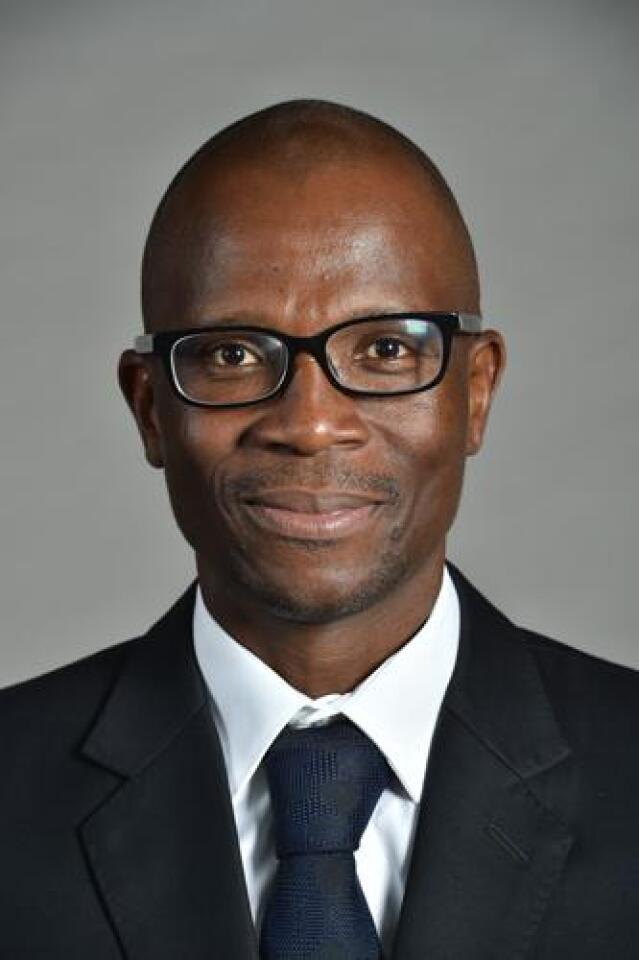This is to rein in state spending
JOHANNESBURG – Deputy Finance Minister David Masondo said on Monday that the government was planning to freeze wages across its operations to curb its escalating expenditure.
Masondo told an investor conference in Cape Town that the government was left with very little room to manoeuvre to meet its R1.2 billion weekly spend, as revenue collection had all but plateaued due to the macroeconomic conditions in the country. He said the government was working on a co-ordinated plan to reduce its debt, pointing out that fiscal consolidation and the public sector wage bill would be the hallmarks of next year’s much-anticipated Budget.
Masondo said the government needed to show that it was in control of the public purse. “We are working as we speak with our social and political partners to achieve savings in the wage bill, and we also have to look at wage freezes, starting with the public office bearers, top managers, executives at all levels of the state, if we are to seriously tackle our looming fiscal crisis,” Masondo said.
The February 2020 Budget will be decisive for South Africa’s depressed economy, as downside risks to the country’s investment-grade credit rating remain significant.
The widening public debt of around R3 trillion or 60 percent of the gross domestic product (GDP) this financial year has seen the government changing its tune about continuing to bail out cash-strapped state-owned enterprises (SOEs) such as Eskom and SAA. Masondo said the government would not be able to raise taxes further in such a depressed economic environment.
Cutting the public wage bill was the most practical to address expenditure costs, he said. “Part of the reprioritisation of our expenditure would mean moving away from the recent trend of the fiscal Budget increasingly becoming a bailout fund for state-owned companies,” he said.
“Part of the reprioritisation of our expenditure would mean moving away from the recent trend of the fiscal Budget increasingly becoming a bailout fund for state-owned companies,” he said.
“We also have to bring in privatesector participation and ensure that the SOEs that remain in public hands become commercially viable, and rationalise some of them.” On Sunday, Public Enterprises Minister Pravin Gordhan said that SAA would follow Eskom in a radical restructuring process to ensure its financial and operational sustainability. Last month Moody’s, the only international ratings agency that still rates South Africa’s debt above junk, slashed its outlook from stable to negative, citing the burgeoning public wage bill and the continuous bailouts of underperforming SOEs as a threat to the country’s sustainability. The economy is forecast to grow by 0.5 percent in 2019, after it remained on zero growth in the first two quarters of this year.
Today, Statistics South Africa is expected to release its third-quarter GDP print. Momentum Investments researcher Herman van Papendorp said fractious politics stymied the pace of the reform process. “Growth is likely to muddle along at moribund levels, and it will remain reliant on positive global factors to provide interim growth boosts,” Van Papendorp said.
BUSINESS REPORT








